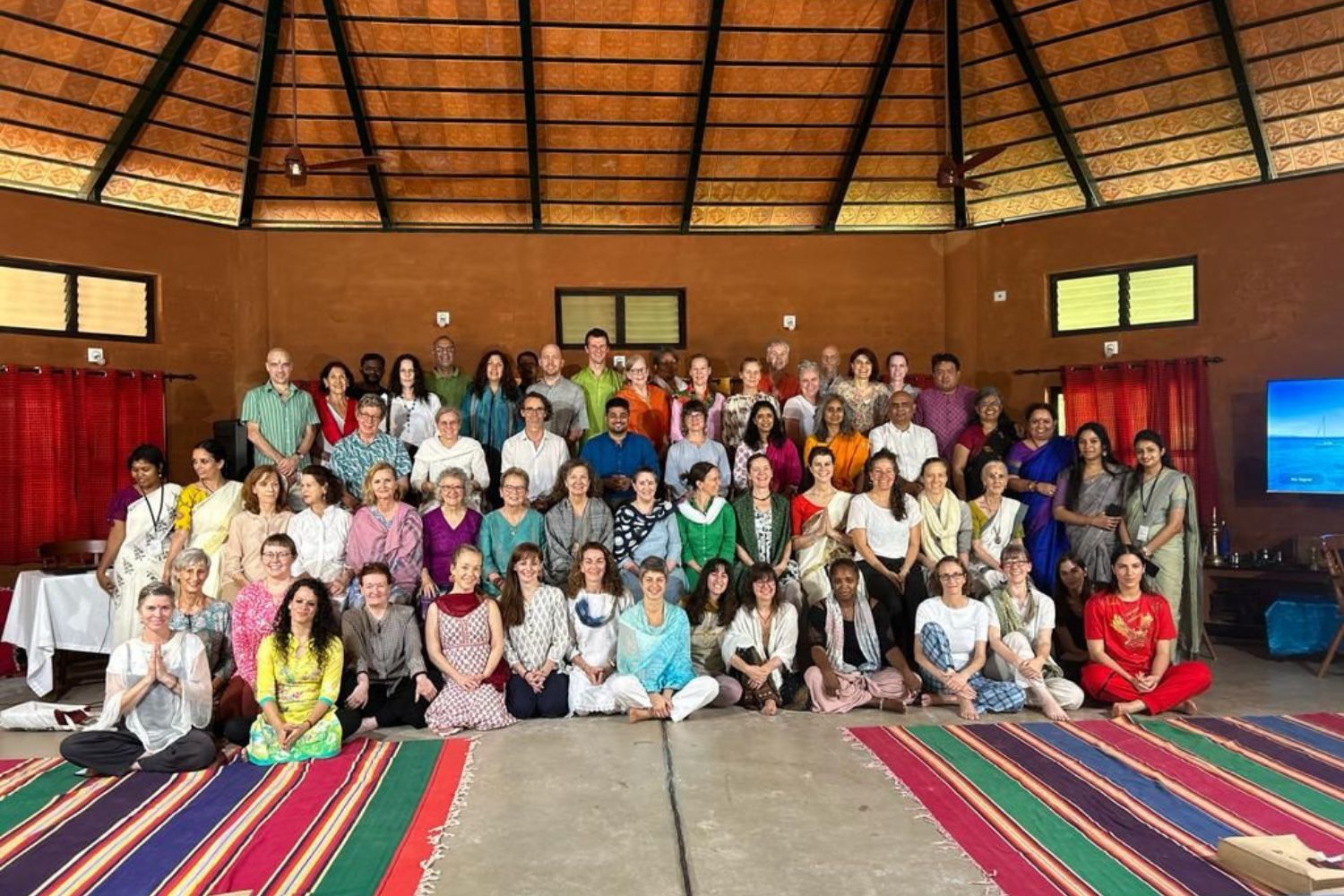Teachers, Traditions & Texts
Over the years, Satsangam intends to offer courses and conversations that refer to or explore some of the teachers, traditions and texts listed on the Life Map and relate to Vedic knowledge systems. This page offers a brief introduction to some of them.
All spiritual or philosophical teachers, traditions and texts of India have something important in common: they inspire, support and organize how we remember or see reality.
Many teachers, for example, are said to have seen, heard, tapped into, or remembered knowledge that has always existed. Even Brahma, often hailed as, “the creator”, is said to simply have remembered reality. Similarly with texts like the Vedas: The ṛṣis are not said to have authored the Vedas, but rather to have seen them.
These teachers traditions and texts are important because they can influence how we see reality and live our lives; they influence who we think we are, why we think we’re here, where we are going, what inspires us and how we do what we do in life–how we practice any science (vidyā) or art (kalā)–thereby affecting everyone and thing around us. Exploring these teachers, texts and traditions can help us find or nourish what inspires us.
The Sanskrit word, “darśana,” – often translated as, “philosophical system,” literally translates as, “seeing”. It is an elegant choice of words, as philosophical and spiritual traditions serve to organize and influence our worldviews.
Darśana also means the glance of something or someone. The mere glance of an enlightened teacher, for example, has the potential to rearrange how we view reality.
Some element or another of the following not-even-close-to-comprehensive list of teachers, traditions and texts of India, along with any we didn’t list, might inspire us. We hope to offer sessions in Vedic Threads (our twice-monthly, live online membership) and other classes and resources by and by, that relate to each of these.
Teachers
A list of some of the different kinds of teachers we find in India over the ages, and some of the teachers themselves, including Śaṅkarācārya, Mirabai and many more.

